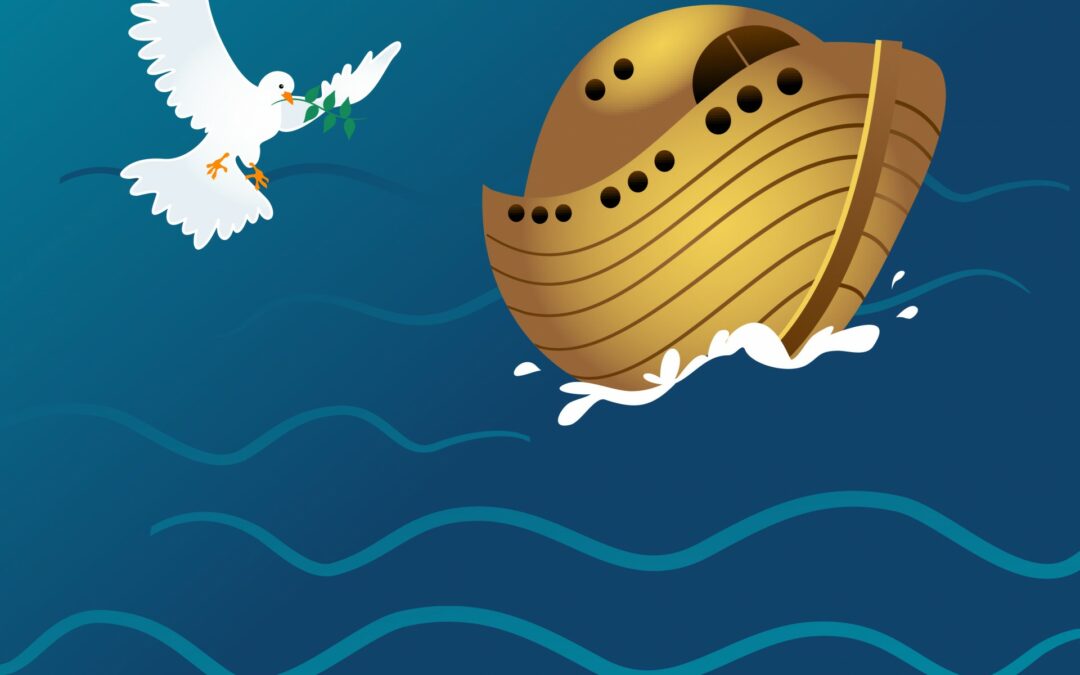
What We Can Learn From Mrs. Noah
This week we read Parashat Noah, the second weekly reading in the Torah, and it opens with God telling Noah to build an ark, gather his family and two of each animal, before the rains come. Noach is mentioned by name, as are his three sons, Shem, Ham and Yaphet. The...
How Did Moses Face His Fear of Dying?
On a recent walk, I was listening to the Hidden Brain podcast on NPR, and chose to listen to an interview with Dr. Sheldon Solomon called “We’re All Going To Die!” Feeling strongly as I do that we live in a society that thinks we can somehow “cheat” death, I was...
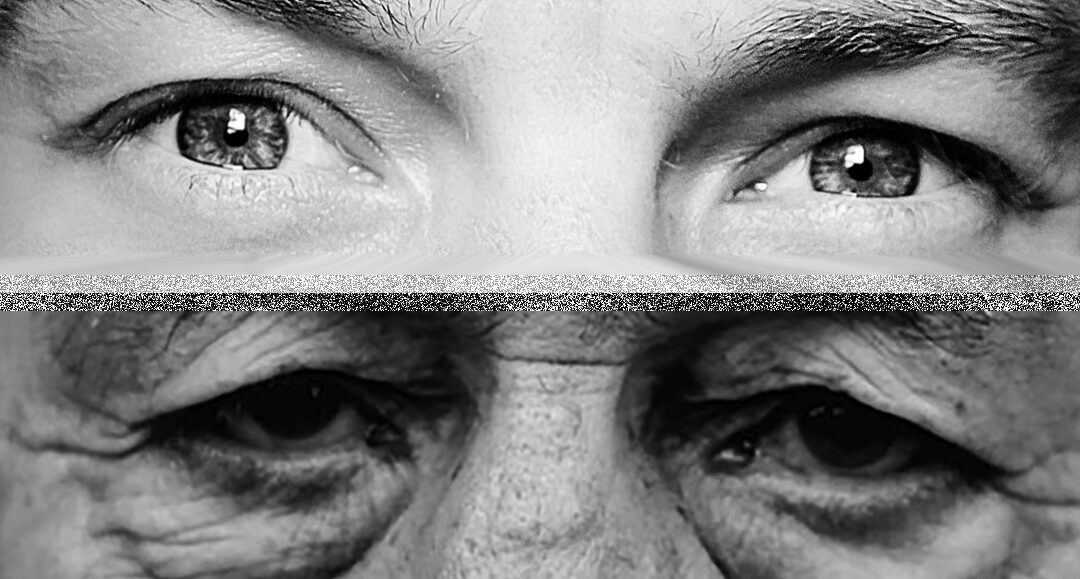
Through Moses’ Eyes
In this week’s Torah reading, Vayelech, “he–meaning Moses–went” and spoke to the Israelites. He told them, “I am now one hundred and twenty years old, I can no longer be active (literally, ‘come and go.’)” There are many ways to interpret this idea of not being able...

Being Mindful Of Our Blessings
“You shall not behave the way we do here this day, everyone doing what they please.” Doesn’t this verse from Deuteronomy sound like a biblical version of a parent saying to a child, “you’re not going to act this way at Grandma’s house, are you?” And as I write it, I...
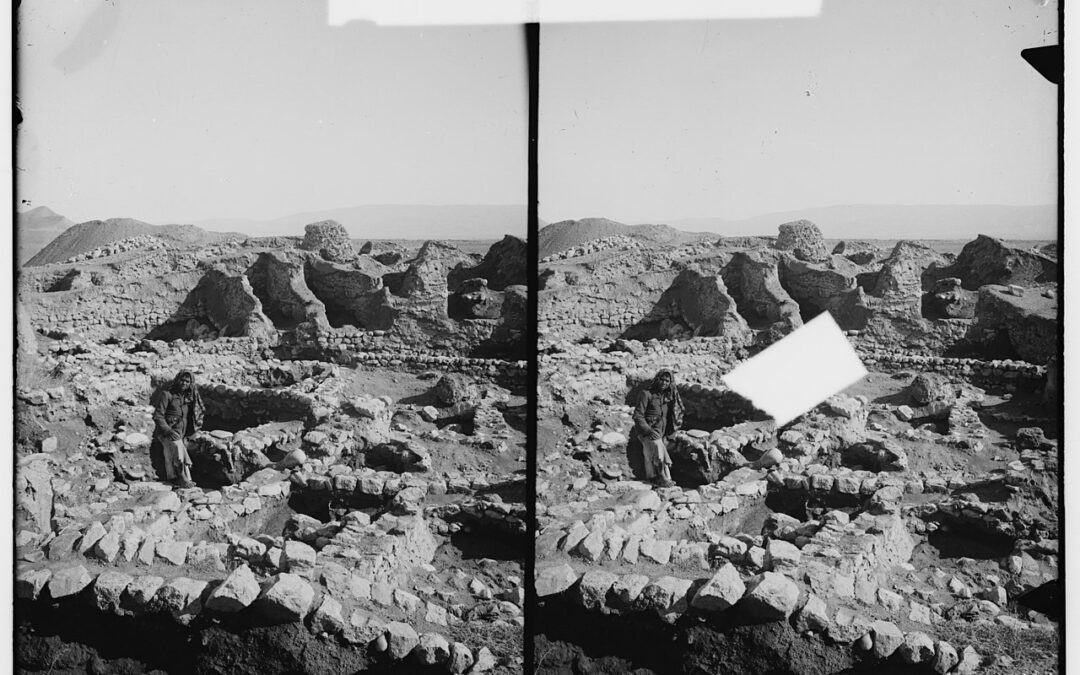
Wrestling With The Sacred
This week’s Torah reading, Eikev, contains some familiar passages, such as the verse which forms the basis for Birkat haMazon, the blessing after meals: V’ahavta, v’savata u-vayrachta et Ado-nai Elo-heinu… “You will eat, you will be satisfied, and then you will bless...

Care and Comfort
A devout Jew heard of another devout Jew asking his rabbi if he should fast during YK, due to a medical condition that required fluids and some food each day. “Rabbi,” the first one said, “aren’t you being too maikil, too lax, by allowing someone to eat during this...

When Circumstances Overwhelm, from Jerusalem to Charlotte
This past Friday, thousands of Scouts from the US and abroad spent more time than they expected to at the American Airlines’ Terminal in Charlotte, NC. Delays at an airport are no surprise; it happens to just about anyone who uses air transportation. What made this...
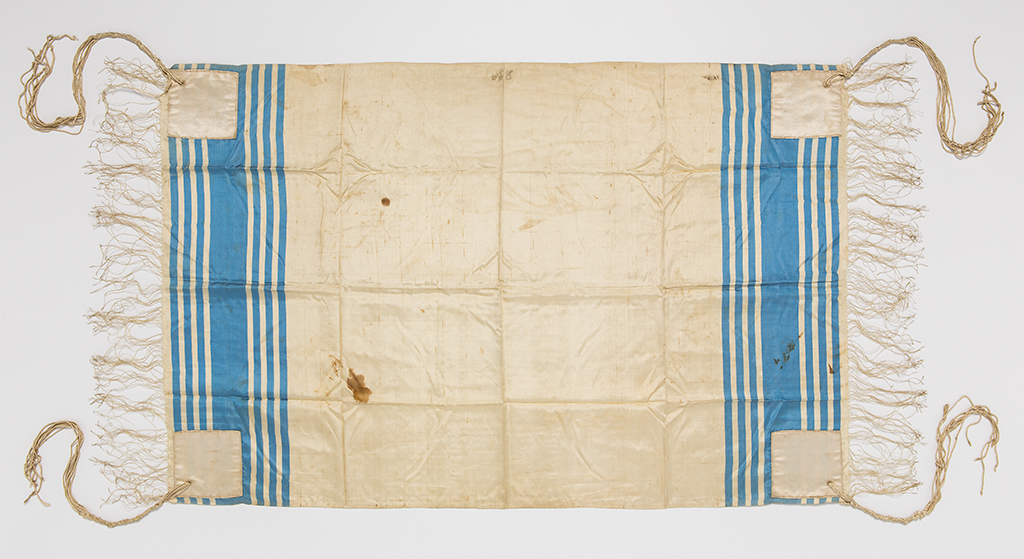
Gathering from the Fringes
V’asu la-hem tzitzit al canfei vig-deihem l’dorotam, v’natnu al tzitzit hakanaf p’til t’chelet. "And they shall make for themselves fringes on the corners of their garments for all generations to come, and they will place among the fringes of the corner a thread of...
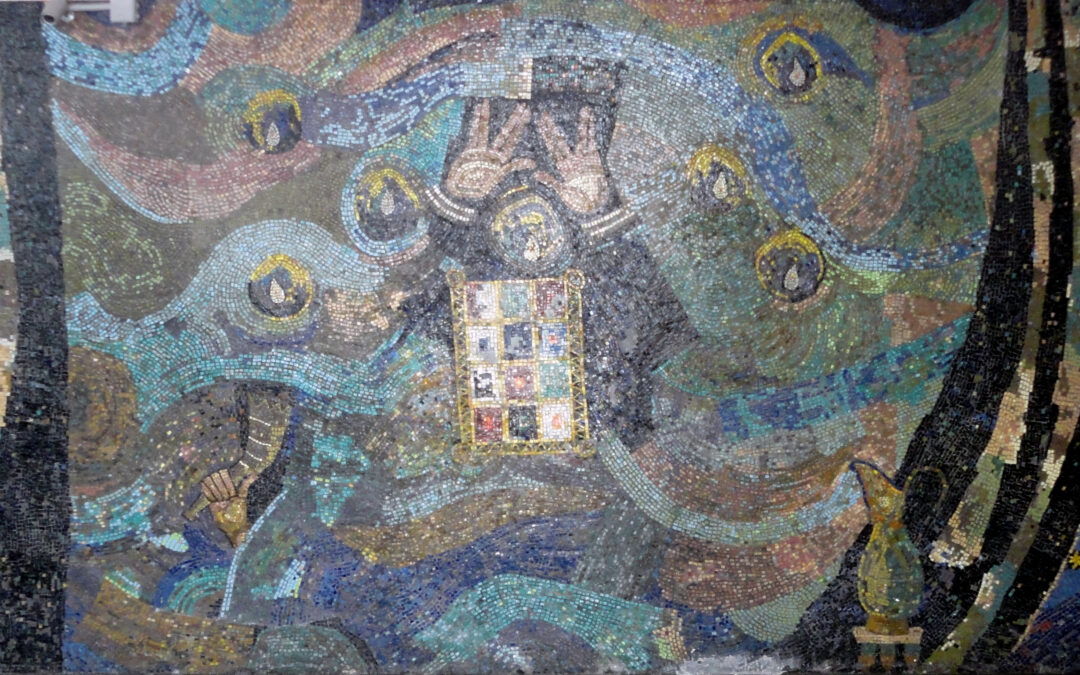
Blessing Those Who Bless Us
This week’s Torah reading, Naso, begins with God instructing Moses to take a census of the Levites between the ages of 30 and 50, who are responsible for the maintaining and transporting the Mishkan, the portable Sanctuary and its furnishings, in the wilderness....
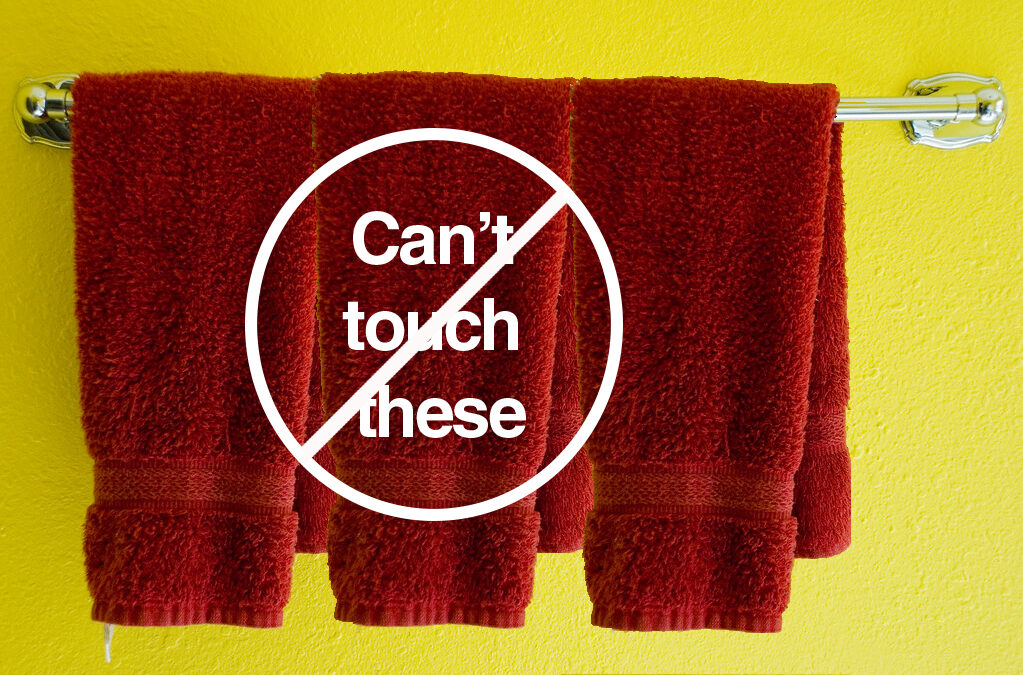
Holiness for Mortals
What does it mean to be kadosh, “holy”? I always thought it meant that someone or something that was “holy” was special–perhaps better than–a person or thing that wasn’t. I’m not sure I knew what the opposite of holy was; perhaps it was “not so special.” In reality...

What Does a Soul Weigh?
As a rabbi and a Jew, the last thing I want to think about a week after Passover has ended–when I still haven’t finished putting away all the stuff–is Yom Kippur, but here we are, reading all about the ceremony that Aaron, the High Priest, would perform in order to...
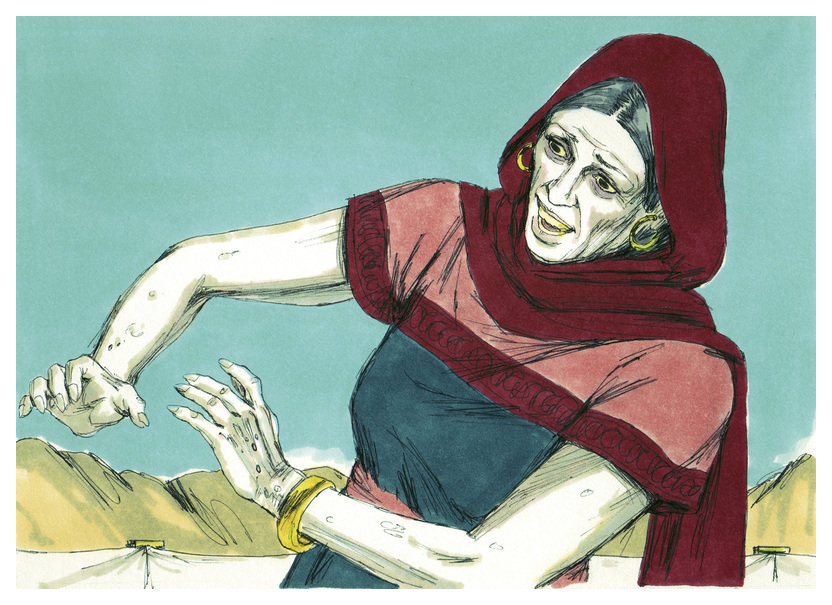
Tzara-at-More Than Skin Deep
I’m reading an interesting book right now, called Treat Me, Not My Age, by Dr. Mark Lachs, as part of a certificate program in Gerontology and Palliative Care. Any of us who have made it into our 40s have most likely had a doctor dismiss one of our complaints with,...

Manna, Memory and Memento
This week’s Torah portion, Beshallach, begins with the Israelites crossing Yam Soof, the Red Sea (literally, the “Sea of Reeds”) and leaving Egypt behind. There are immediate difficulties, most specifically, a lack of water and of food, that prompt the Israelites to...

Frogs In His Nose, Frogs On Their Toes…
This week we read parashat Va-era, where God begins to send plagues to Egypt to convince Pharaoh to let the Israelites go. The first plague is dam, blood, and when that’s over, the same river brings forth tz'fardei'a, frogs. To the Egyptians, the frog was a symbol of...

Dying to Live Our Best Life
It could be said that our patriarch, Jacob, was the first person to create an ethical will, essentially, a spiritual bequest to his heirs. In this week’s Torah reading, Vayechi, which means, “and he–meaning Jacob–lived,” Jacob gathers his children together to bless...
Latest Sermons
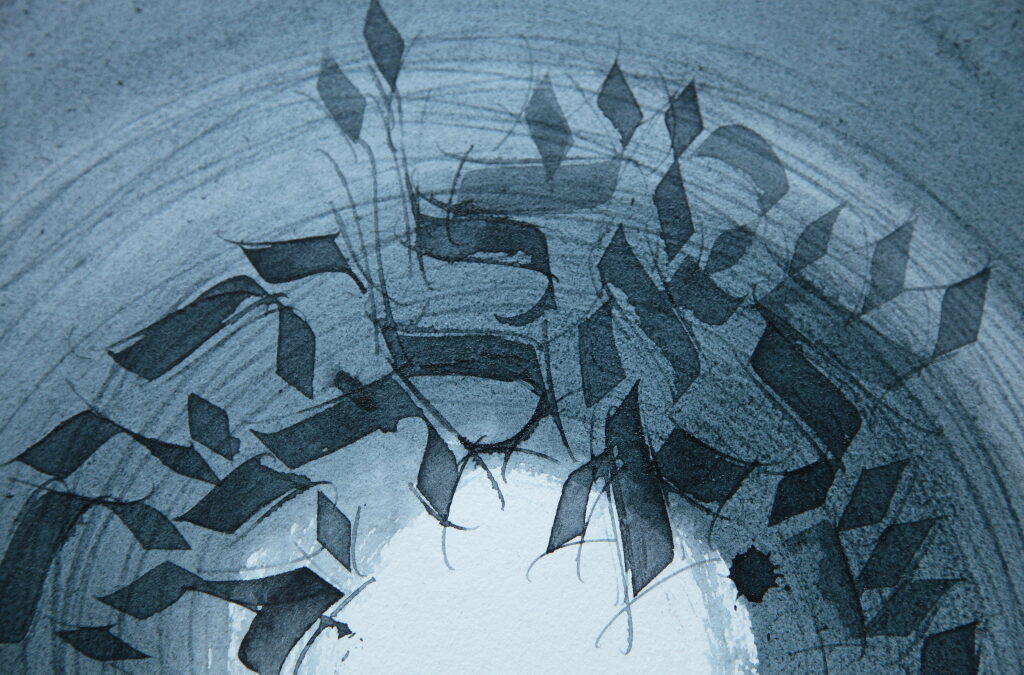
VaEtchanan: Until His Final Breath
Photo Credit: flickr.com/photos/maltin75/6278446183 “Observe God’s laws and commandments, which I enjoin upon you this day, that it may go well with you and your children after you, and that you may long remain in the land that the LORD your God is assigning to you...
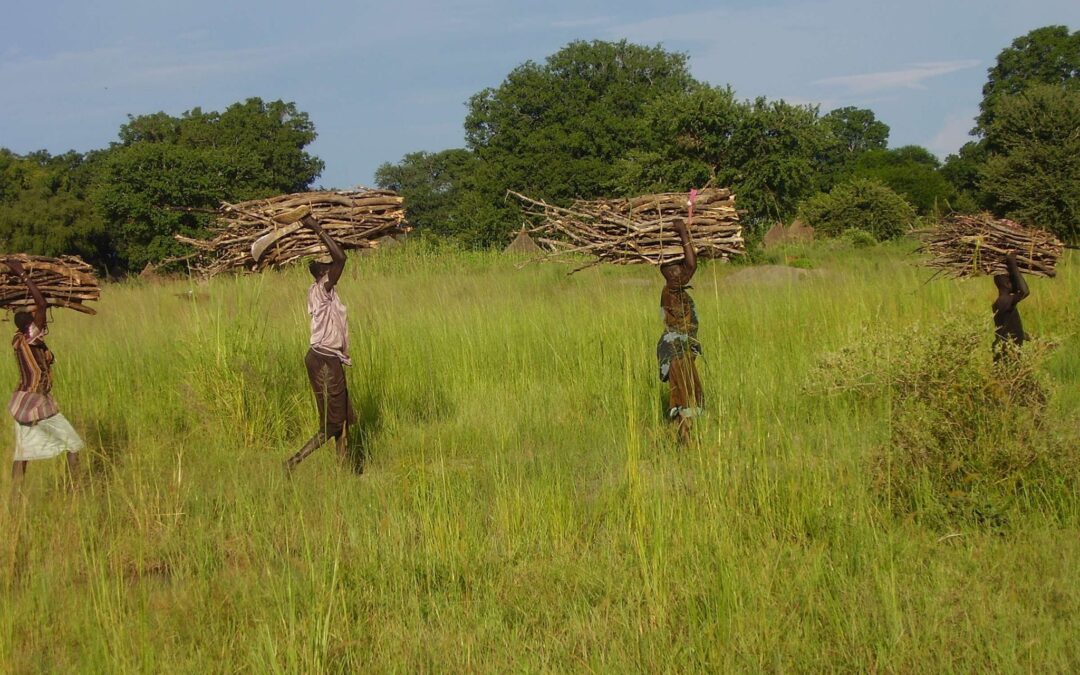
Parshat Pinchas: Looking For the Good
Photo: COSV from Wikimedia Commons. Women Gathering Wood, South Sudan My friend Sylvia (who says I’m her favorite female rabbi) is almost 98–may she live and be well–and is often troubled by the harsher judgments and more problematic passages in the Torah. And rightly...

Shabbat for the 4th of July
Photo credit: publicdomainpibtures.net Shabbat for the Fourth of July Two hundred and 46 years ago, the Continental Congress approved the final wording of the Declaration of Independence, and in addition to stating a litany of grievances against tyrannical British...
Latest Midrash HaZak
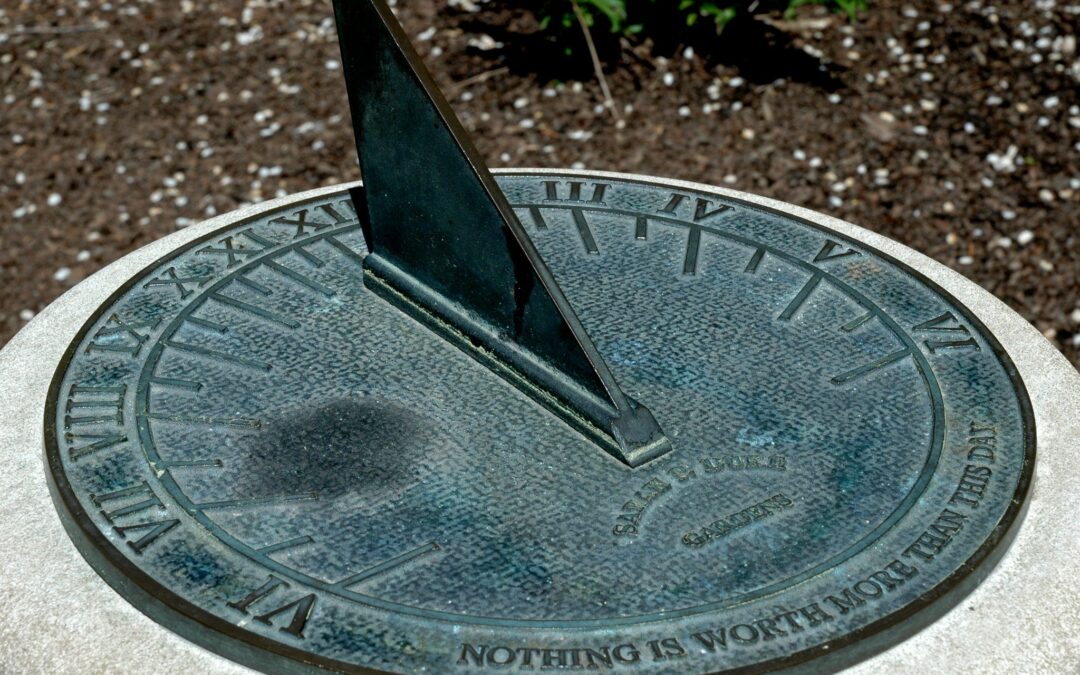
Ha’Azinu: Poetry, Prose and Passing Time
Photo Credit: flickr.com/photos/mricon/8922711 Ha'Azinu: Poetry, Prose and Passing Time Rabbi Stephen Axinn Governor Mario Cuomo of New York once quipped that “we campaign in poetry but govern in prose.” However, for Moses, that adage worked in reverse. How so? When...
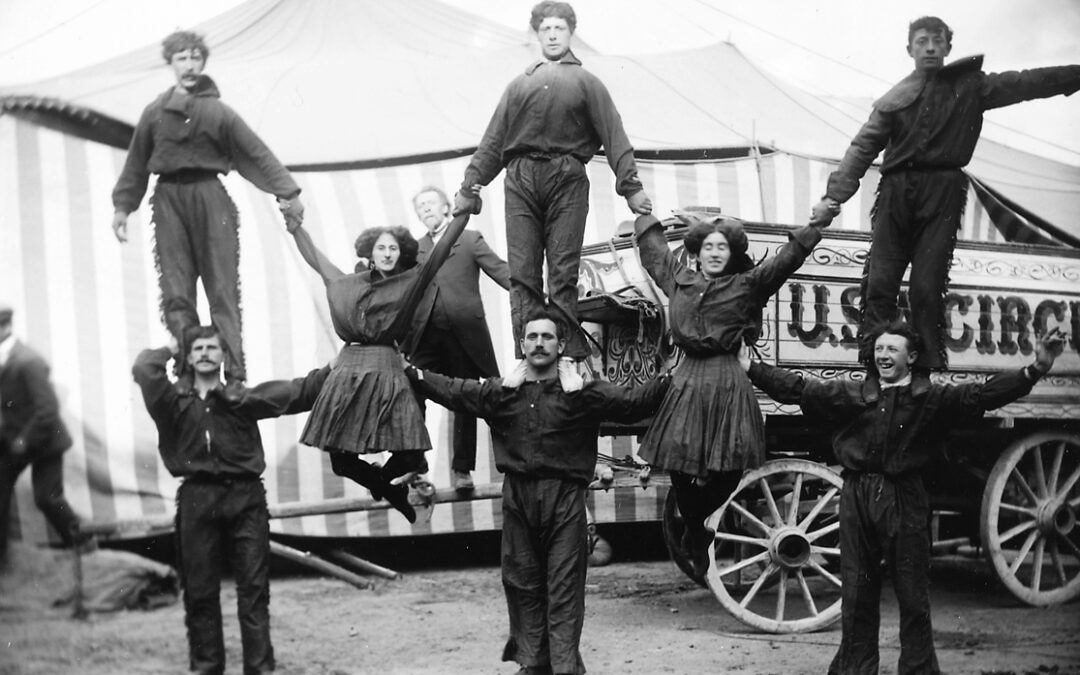
Ekev: Standing on their Shoulders
Credit: commons.wikimedia.org/wiki/File:Buff_Bill's_Circus Parashat Ekev Rabbi Arnie Samlan Ekev, the third reading in the book of Devarim (Deuteronomy), is a continuation of Moses’ farewell address to the Israelite nation poised to enter the Promised Land....
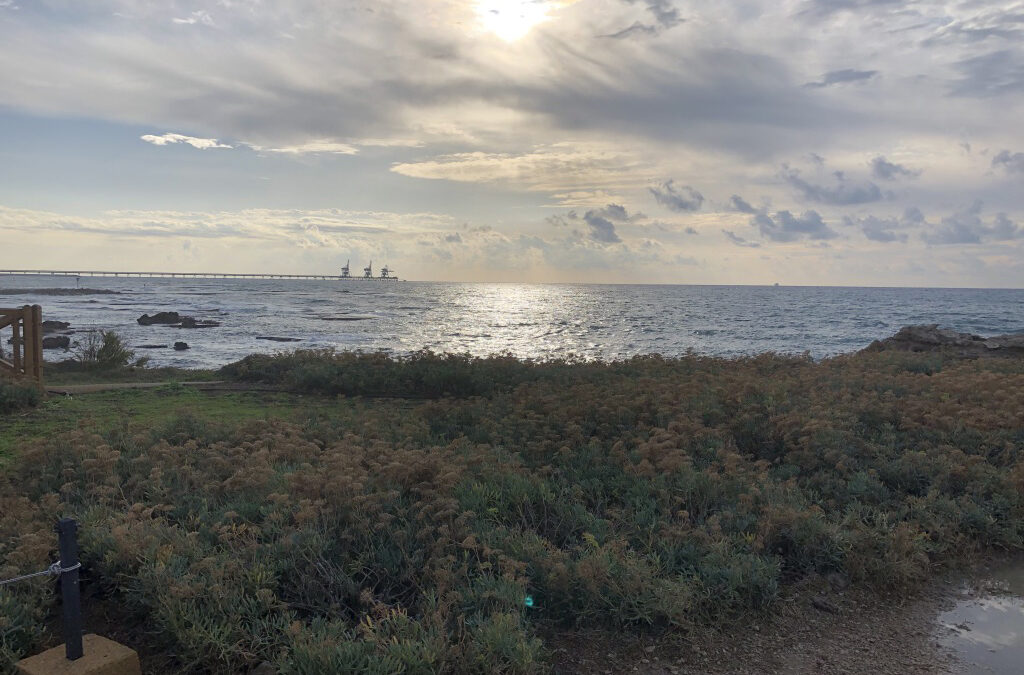
VaEtchanan: Rav Lach, It Is Enough For You
Photo by Rabbi Susan Elkodsi Va’Etchanan: Rav Lach, It is enough for you Rabbi Janet Madden, Ph.D Parshat Va’Etchanan opens with Moshe’s recounting to the new generation of Israelites that he pleaded with the Holy One to allow him to enter the Land of Israel. He...
Latest Personal Blogs
No Results Found
The page you requested could not be found. Try refining your search, or use the navigation above to locate the post.
